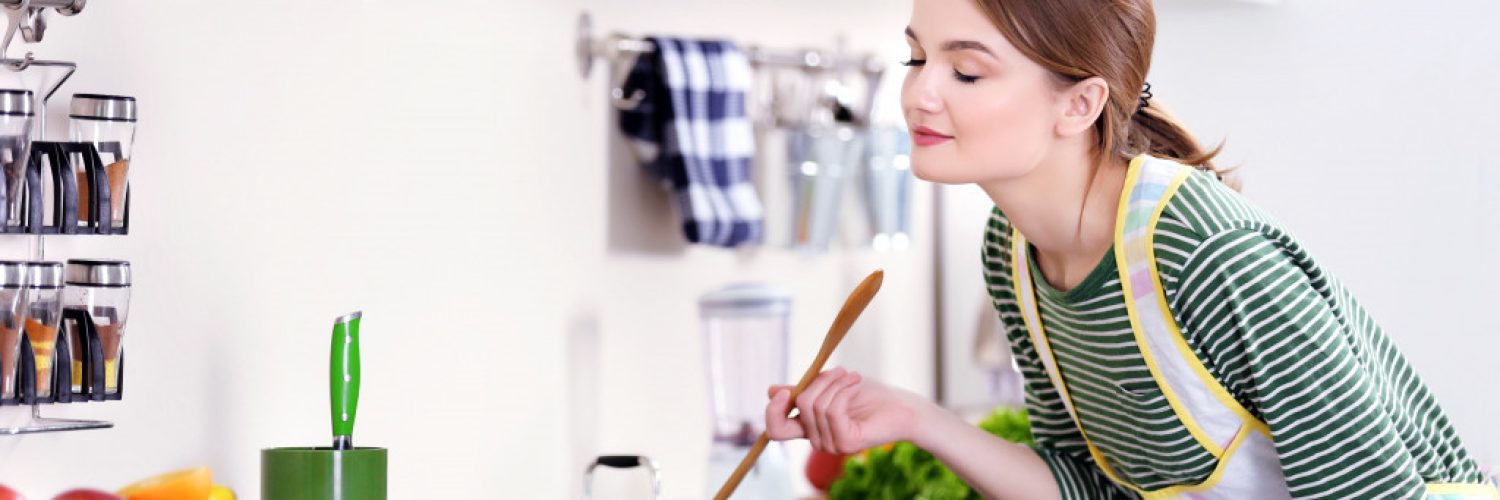Before the pandemic, people cooked less and ate out or bought takeout more. When restaurants and public places were shut down, home cooking became the new normal. Studies suggest that these home cooking habits will continue long after the pandemic.
However, it can be difficult for some people to join the trend. It seems that a few homeowners aren’t cut out for cooking. If you want to turn your life around and cook more (and better), here are a few tips to be a better home cook.
Make Time for Cooking
Don’t be fooled by the “10-minute” dishes — those speed meals are for seasoned home cooks. If you’re new to home cooking, make time for the preparation and process. It’s okay to take longer than what the recipe called for; after all, you’d rather take your time than end up with a stew that lacks flavor.
Read through new recipes thoroughly. This will prevent a lot of frustration and enable you to prepare everything needed. A dish may take half an hour to make, but somewhere buried in the recipe is an ingredient that needs to be marinated for three hours.
Additionally, pick a consistent day and time to do your grocery shopping, as well as a regular time to prep work for the week ahead. You could chop vegetables ahead of time, soak meats in brine solutions, make salad dressings, and more.
Collect Kitchen Must-Haves
It’s much easier to cook when you have the right cooking utensils and staple ingredients on hand. It makes all recipes seem doable. Here are some things your kitchen must have:
- Kitchen Knives. Invest in a quality knife, and you’ll see how easy it is to chop and slice your ingredients. Although a butcher block of knives would look great, you might not need all of them. In fact, you only need three:
- Serrated knife for food with hard exteriors and soft interiors, like bread
- Chef’s knife for cutting meat, slicing herbs, chopping nuts, dicing vegetables, and more
- Paring Knife for peeling, cutting small fruits and vegetables, and other precise slicing work
- Measuring Cups and Spoons. For a beginner cook who’s still learning about flavors and proportions, it’s best to stick with the recipe and use exact measurements.
- Storage Containers. Get airtight containers where you can store leftovers and prepped meals and ingredients.
- Herbs and Spices. A good pantry never runs low on herbs and spices. Not only do they add flavor, but also color and nutrients. Apart from the usual garlic powder and dried basil, expand your spice cabinet with these:
- Ground cardamom. A little cardamom goes a long way in enriching curries and stews.
- Ground celery seed. Commonly found in natural supplements for high uric acid, celery seed adds an earthy and grassy taste to sauces, brines, and dry rubs.
- Italian seasoning. This combination of basil, rosemary, thyme, oregano, marjoram, and sage quickly adds deep flavor to pasta dishes.
- Blender. Used for smoothies, salad dressings, and more
Master One-Pot Dishes

The beauty of one-pot dishes is that they are often simple to make — easy enough even for a beginner. A one-pot dish is often a complete meal with carbs, protein, and fat. Plus, you don’t have to deal with a mountain of pots, pans, and bowls after cooking.
Here are some recipes you can check out:
- Delish’s 25 Easy One-Pot Meal Ideas
- Country Living’s 48 Easy One-Pot Meals for Weeknight Dinners
- Food Network’s Best One-Pot Meals
Improve Cooking Techniques Little By Little
As with anything, practice makes perfect — cooking every day will polish your technique. Here are little things you can do to improve your cooking.
- Switch to Kosher Salt. One of YouTube’s biggest cooking personalities, Babish, uses kosher salt instead of table salt for a good reason. Kosher salt has wider, coarser grains, which flavor the food more gently compared to table salt. It’s easier to grip and add to any dishes.
- Don’t Crowd the Pan. If you place too much food on the pan while frying or sautéing, the food pieces will lower the temperature of the pan and oil. If the oil is not at the ideal temperature, the food won’t brown properly and be less crispy.
- Keep Your Knives Sharp. There’s nothing more dangerous in a kitchen than a dull knife. Dull knives need more brute force to cut and slice, which can lead to injury. In contrast, a nice, sharp knife makes cutting and slicing safer and faster.
- Shred Fresh Cheese. It’s tempting to get pre-shredded cheese, but it doesn’t melt as well as fresh cheese. Do the shredding yourself for a more flavorful dish.
When you’ve made your kitchen masterpiece, don’t forget to let people taste it. Food is best shared, after all. Ask for recommendations and feedback from them to enhance your home-cooked meals.

